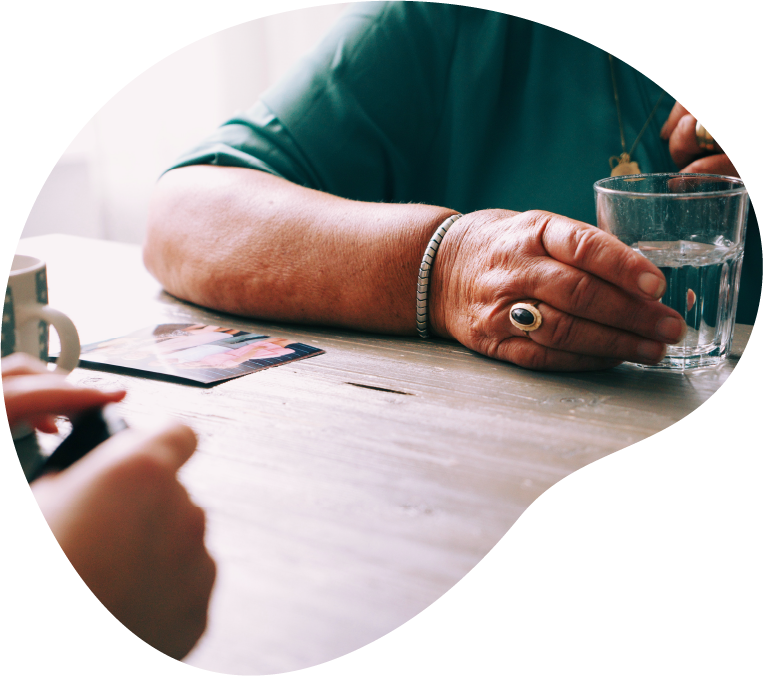Understanding suicide
Research suggests that around a third of suicides take place outside the home, in a public location. The impact can extend far beyond family and friends. Bystanders, including children, may experience shock from witnessing a suicide in a public place or as part of their job.
Why does suicide happen?
There is no simple reason why someone might take or try to take their own life. Suicide is extremely complex and the reality is that we may never know why it happened.
Some people wonder if they could have done something to prevent someone from taking their own life. This is a common reaction, especially if you were the first person on the scene. Thinking that you (or anyone else) could have prevented the suicide, is assuming that we all have far more power over the lives of others than we actually do

What impact can suicide have on others?
We face trauma when we go through a stressful, frightening or distressing event.
When we experience trauma, our brain tries to keep us safe from harm while trying to make sense of what has happened. These very normal processes in our brain can lead to physical and emotional changes that can affect everyone differently.
There are some common reactions to trauma that are helpful to know about. When, or if, you feel these emotions will be very personal, so this is just a guide. There is no ‘right’ way to feel or to react when you have experienced a traumatic event such as a suicide.
You can find out more about the emotional and physical reactions to trauma here.
What happens after a suicide?
Because a suicide is an unexpected or unexplained death, the police will usually be among the emergency responders on the scene. Their job is to understand what has happened and to share any information they find with the coroner.
They will tell you if they need to take a statement from you. This may happen at the time, or they may call you or invite you to the station. If it helps you, you can bring someone along with you for support. The police will understand if you are struggling to remember or you still feel distressed, so please do not worry.
In England and Wales, sudden and unexplained deaths are reported to the coroner, an independent judicial officer (usually a lawyer or a doctor) appointed by the local authority and approved by the Chief Coroner. The coroner will investigate the death, in which case you may be asked to be a witness at an inquest. An inquest is the final part of the coroner’s investigation and cannot find anyone to blame for the death. It is a public court hearing to establish who has died, and how, when and where the death happened. Coroner’s courts are separate to criminal courts.
“I was called later that day to go into the police station and give a statement about what had happened. They wanted lots of very specific details, but in the moment, you’re very emotionally caught up in it. I couldn’t be more than about 60% sure of some of the basic details, everything was already hazy.”
– Pete
We have more advice and information about attending inquests here.
